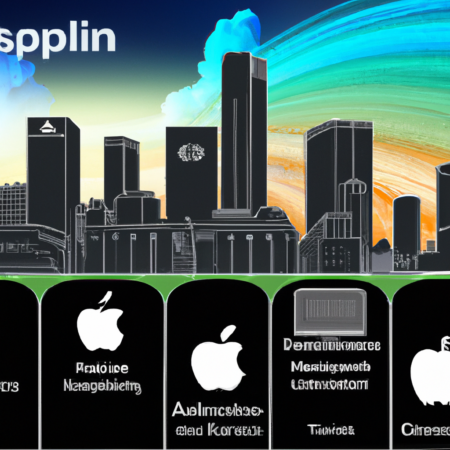Exploring the Quantum Leap: The Role of Quantum Computing in Modern Technology
As we venture deeper into 2025, the landscape of technology continues to evolve at an unprecedented pace, with quantum computing at the forefront of this transformation. This revolutionary technology promises to redefine the capabilities of data processing, leading to significant breakthroughs in various fields such as cryptography, materials science, and complex system modeling.
Quantum computing operates on the principles of quantum mechanics, utilizing qubits to perform complex calculations at speeds unachievable by traditional computers. This has opened new horizons in drug discovery and climate modeling, providing us with tools to solve problems that were once considered insurmountable.
In this post, we’ll delve into the current state of quantum computing, its applications, and the challenges it faces. We will also explore how industries are adapting to integrate this technology into their operations.
Understanding Quantum Computing
At its core, quantum computing introduces a new paradigm for data processing. Unlike classical computing, which uses bits as the smallest unit of data (0 or 1), quantum computing uses qubits, which can represent and store information in both 0 and 1 simultaneously thanks to superposition. Additionally, the phenomenon of entanglement in qubits allows quantum computers to process vast amounts of data with greater efficiency.
Applications of Quantum Computing
The potential applications of quantum computing are vast:
- Healthcare: Accelerating drug discovery by simulating molecular structures.
- Finance: Optimizing portfolios and risk analysis through faster and more complex computations.
- Telecommunications: Enhancing security through quantum cryptography.
Despite its potential, quantum computing faces significant challenges, including error rates and qubit coherence times, which researchers are actively working to overcome.
The Future Outlook
As research continues and more practical applications are discovered, the impact of quantum computing on our daily lives will only grow. Companies and governments are investing heavily in quantum research, indicating a promising future for this technology.
In conclusion, as we look towards the horizon, the integration of quantum computing into various sectors will not only solve existing challenges but also unveil new opportunities, making it a pivotal element in the technological evolution of our time.






